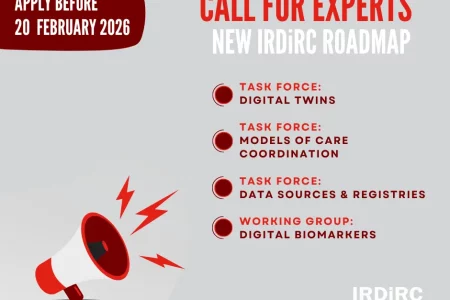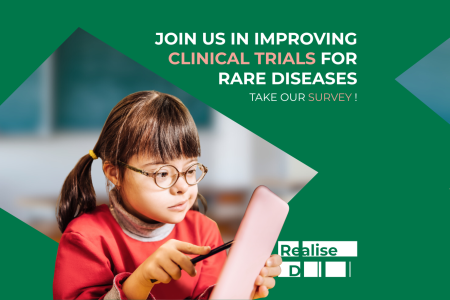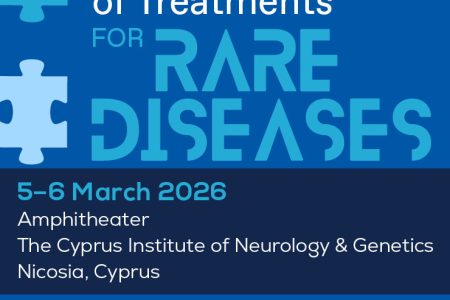Clinical Research Network
By harnessing data, technology, and a strong network of clinical partners, ERDERA enables cutting-edge research that brings science back to the bedside—ensuring that patients and their families benefit directly from innovation.
ERDERA Clinical Research Network Services
ERDERA supports a pan-European Clinical Research Network to streamline and accelerate rare disease research across borders. This ecosystem connects European Reference Networks, national diagnostic centres, and undiagnosed disease programmes to provide shared access to harmonised data, (re-)analysis pipelines and innovative trial platforms.
Diagnostic Research
Improves access to and use of diagnostic data, develops genome re-analysis pipelines, and supports innovation to shorten the time to rare disease diagnosis.
Outcome Research
Advances the use of real-world data and clinical outcome assessments to better capture the impact of rare diseases and treatments on patients’ lives.
Innovative Therapies
Drives research on advanced therapy medicinal products (ATMPs) and promotes N-of-few approaches to expand treatment options for rare disease patients.
Through its Clinical Research Network Services, ERDERA is building the infrastructure to:
- Integrate and re-analyse thousands of existing genomic datasets
- Enable data sharing and interoperability across institutions and countries
- Launch coordinated studies, including N-of-1 trials and ATMP readiness
- Develop patient-centric outcome measures to guide future interventions
Practical Resources
A practical aid for developers of clinical trials on medicinal products for human use regardless of therapeutic area.
Specialized courses for those seeking to deepen their understanding of clinical research in rare diseases.
The first ERDERA Clinical Trials Call will be soon available.
Rare Disease Diagnostic Data Sharing
ERDERA is driving a Europe-wide effort to collate and standardise 10,000 diagnostic datasets within the first year, enabling powerful analyses and insights that support faster, more accurate diagnosis.
Data Federation & Re-analysis
By implementing distributed and federated data models, ERDERA enables secure and privacy-preserving use of clinical and genomic datasets for large-scale re-analysis and new discoveries.
Variant Interpretation & Best Practices
ERDERA is coordinating efforts across disease groups and ERNs to improve the interpretation of genetic variants. This includes developing consensus-driven methodologies and shared tools to ensure consistency and accuracy.
Equitable Access to Genomic Medicine
A key goal is to expand access to cutting-edge technologies like long-read sequencing andoptical genome mapping (OGM) for clinical centers in underrepresented countries, ensuring that all European rare disease patients can benefit from the latest diagnostic advances.
Real World Data Integration
Multiple real-world datasets will be integrated and quality-optimised to support research and care. ERDERA is also laying the legal groundwork to access relevant primary healthcare data.
Patient-Centred Outcomes
ERDERA is developing regulatory frameworks and study protocols for Patient-Centred Outcome Measures (PCOMs and PROMs), tailored to the needs of specific disease groups and therapies, including Advanced Therapy Medicinal Products (ATMPs).
N-of-few and N-of-1 Trial Platforms
Work is underway to design and launch precision trial platforms that accommodate highly personalised therapies. This includes defining criteria for patient identification, trial design, outcome measures, and treatment site capabilities.



